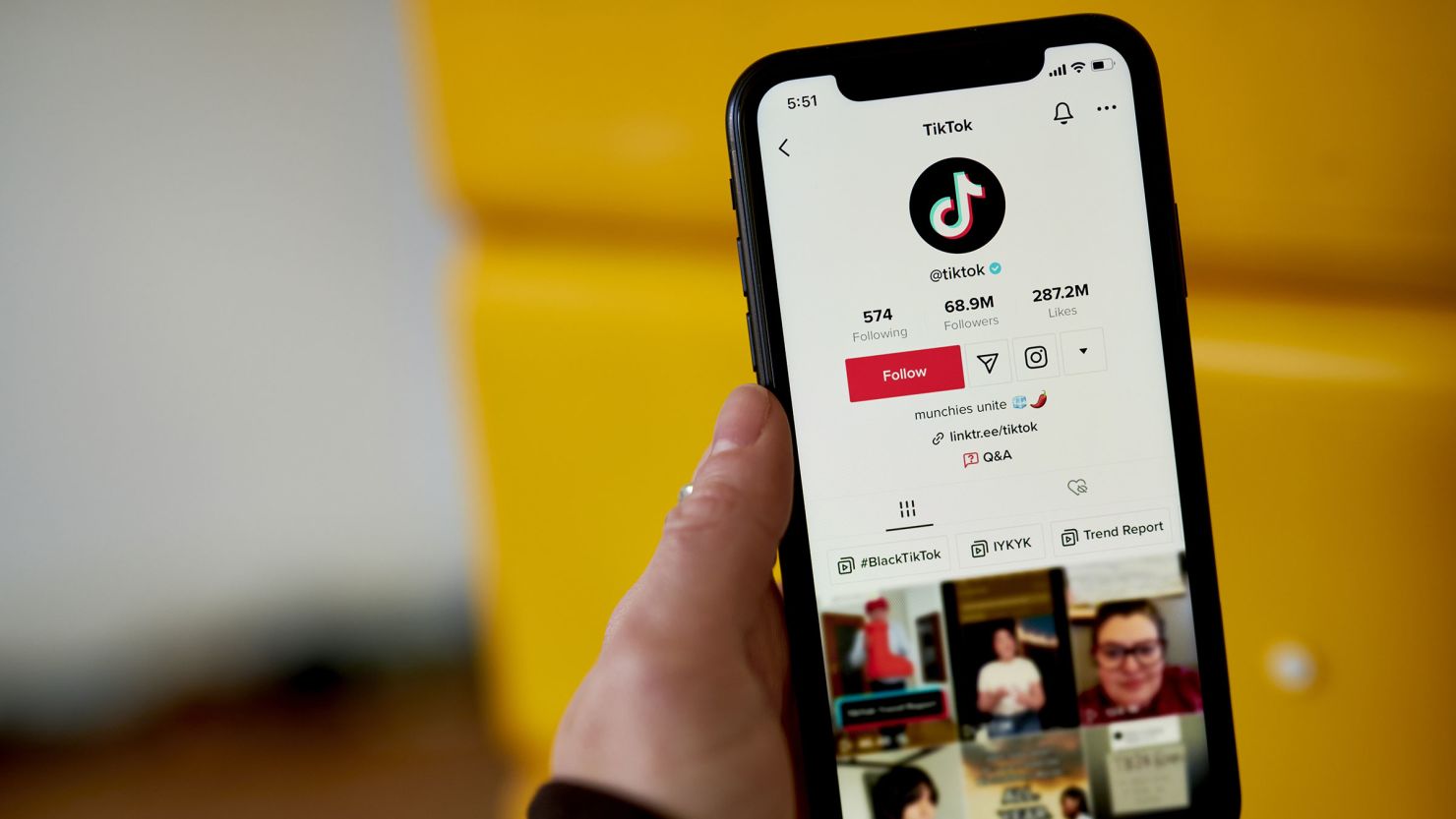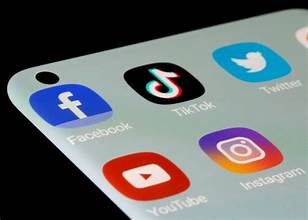New York City sues social media platforms over youth mental health crisis

New York City is suing a handful of social media networks, alleging their platforms’ designs exploit young users’ mental health and cost the city $100 million in related health programs and services each year.
In the lawsuit against TikTok, Instagram, Facebook, Snapchat and YouTube, the city of New York said the platforms are responsible for an uptick in mental health issues among young people, including depression and suicide ideation. These issues, the lawsuit states, impose a “large burden on cities, school districts and public hospital systems that provide mental health services to youth.”
The lawsuit comes shortly after executives from social media platforms faced tough questions from lawmakers during the latest congressional hearings over how their platforms may direct younger users – and particularly teenage girls – to harmful content, damaging their mental health and body image.
New York City said it is seeking monetary damages and equitable relief to fund prevention education and mental health treatment.
The city also released a social media action plan that highlights how it plans to hold social media companies accountable, provide education and support to young people and families, and study the long-term impacts of social media on youth.
“While we will always have more work to do, we feel good about the role Snapchat plays in helping close friends feel connected, happy and prepared as they face the many challenges of adolescence,” the spokesperson said.
Meanwhile, Meta – the parent company of Instagram and Facebook – said it offers more than 30 tools and features to support them and their parents.
“We’ve spent a decade working on these issues and hiring people who have dedicated their careers to keeping young people safe and supported online,” a spokesperson said.
YouTube parent company Google also said it works with mental health and other experts to give age-appropriate experiences and parental controls. “The allegations in this complaint are simply not true,” said José Castañeda, a Google spokesperson.
Last month, Mayor Adams called social media a “public health hazard” and an “environmental toxin” during his State of the City address. The lawsuit also builds on last year’s Surgeon General warning that declared social media a “profound risk of harm” for kids.
While announcing the action plan, Adams said he’s increasingly concerned about the “dangerous” and “addictive” features that impact the lives of young people.
“Instead of talking to each other over lunch at the cafeteria, they are absorbed in screens,” he said. “Instead of playing at the park with friends, they are inside on a sunny day, clicking and scrolling. Instead of learning confidence and resilience, they’re being exposed to content that often leads to insecurity and depression.”
He said the move to sue these companies is “a bold action on behalf of millions of New Yorkers” to hold these companies accountable for their role in this crisis.
However, in the US, it’s very hard to sue social media platforms because of a 28-year-old federal law called “Section 230,” which holds that tech companies cannot be held liable for the content that users post to their platforms.
By contrast, under the EU’s Digital Service Act, companies can be sued for up to 6% of their worldwide revenues if they violate the law.
Source: CNN.com



